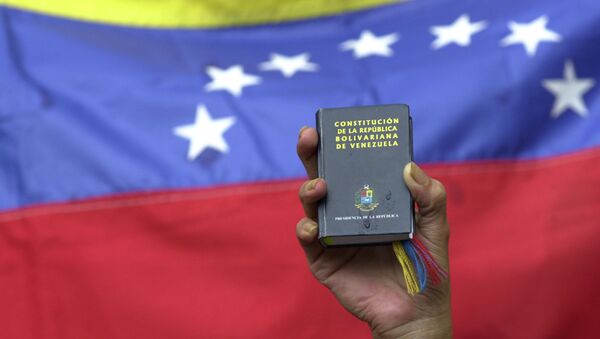"If he [Enriquez] requests political asylum, we will give it to him … granting asylum is a humanitarian action," Munoz told the press conference in Buenos Aires.
Munoz specified that to date Enriquez had only asked for protection, but not for asylum.
Venezuela entered turbulent times in January, 2016 when a new opposition-controlled legislature was elected and relations between Venezuelan leader Nicolas Maduro and the parliament became strained. In October, the National Assembly voted for initiating impeachment proceedings against Maduro and ordered him to appear at a Congress session on November 1. The parliament’s resolution mentioned the president’s "criminal and political liability and neglect of office."
However, the Venezuelan government dismissed the move, since impeachment is not stipulated by the country’s constitution as a legal procedure. On November 1, the parliament suspended the impeachment proceedings.
The parliament declared that Maduro abandoned his post as result of dereliction of duty in January, 2017, but the Supreme Court of Justice stated that the National Assembly does not have the constitutional powers to declare abandonment. Maduro classified the parliament’s actions as a coup attempt.



